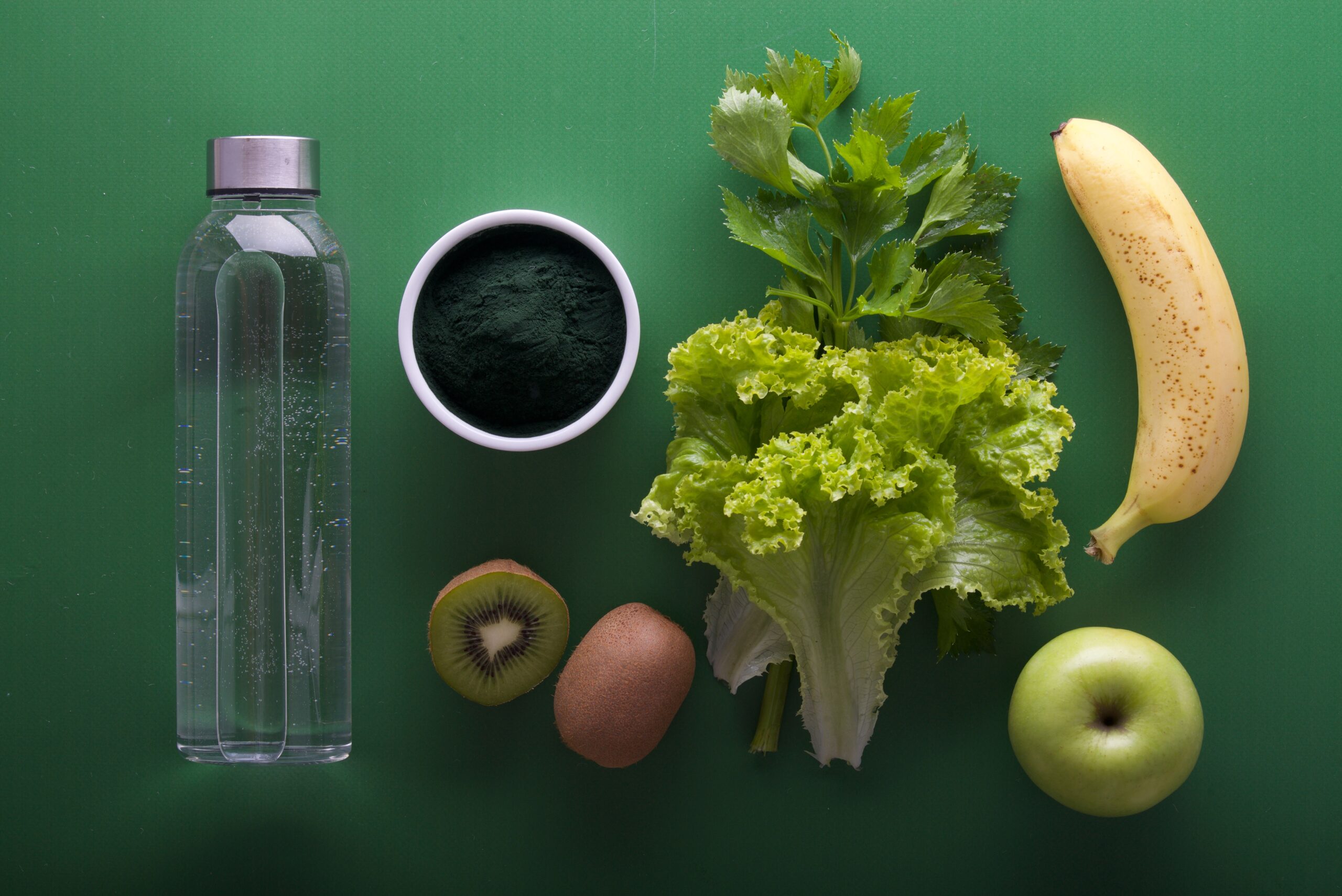Nutritional Therapy for a Balanced Mind and Gut

The health of our gut and digestion plays a crucial role in our overall well-being. A properly functioning gut not only ensures efficient digestion and absorption of nutrients but also supports a strong immune system and optimal mental health. On the other hand, poor gut health can lead to a host of digestive issues such as bloating, constipation, diarrhea, and even more serious conditions like irritable bowel syndrome (IBS) or inflammatory bowel disease (IBD).
The Role of Nutrition in Gut Health
Nutrition plays a fundamental role in maintaining a healthy gut. A well-balanced diet that includes a variety of whole foods rich in fiber, vitamins, minerals, and beneficial bacteria can promote the growth of a diverse and thriving gut microbiota. This diverse community of microorganisms in our gut helps break down food, produce essential nutrients, and protect against harmful pathogens.
Fiber: The Gut’s Best Friend
One of the key components of a gut-friendly diet is fiber. Fiber acts as a prebiotic, providing fuel for the beneficial bacteria in our gut. It helps regulate bowel movements, prevents constipation, and supports the growth of a healthy gut microbiome. Including a variety of fiber-rich foods such as fruits, vegetables, whole grains, legumes, and nuts in our diet can significantly improve gut health and digestion.
Probiotics and Fermented Foods
Probiotics are live bacteria and yeasts that provide numerous health benefits when consumed. They help restore and maintain a healthy balance of gut bacteria, improve digestion, and boost immune function. Probiotics can be found in fermented foods such as yogurt, kefir, sauerkraut, kimchi, and tempeh. Including these probiotic-rich foods in our diet can enhance gut health and promote better digestion.
Anti-Inflammatory Foods
Inflammation in the gut can lead to digestive discomfort and contribute to the development of chronic diseases. Including anti-inflammatory foods in our diet can help reduce gut inflammation and improve digestion. Foods rich in omega-3 fatty acids, such as fatty fish (salmon, mackerel), walnuts, and flaxseeds, have been shown to have anti-inflammatory properties. Additionally, incorporating spices like turmeric, ginger, and garlic can also help reduce inflammation in the gut.
Hydration and Gut Health
Staying hydrated is essential for maintaining optimal gut health and digestion. Drinking an adequate amount of water throughout the day helps prevent constipation and supports the smooth movement of food through the digestive system. Additionally, herbal teas and infused water can provide additional hydration while offering additional health benefits. Avoiding excessive consumption of sugary beverages and alcohol is also crucial for gut health.
Identifying Food Sensitivities and Intolerances
Food sensitivities and intolerances can wreak havoc on our gut health and digestion. Identifying and eliminating trigger foods can significantly improve digestive symptoms. Common culprits include gluten, dairy, soy, and certain FODMAPs (fermentable oligosaccharides, disaccharides, monosaccharides, and polyols). Working with a healthcare professional or registered dietitian can help determine which foods may be causing digestive issues and guide us toward an appropriate elimination diet.
Incorporating nutritional therapy into our lifestyle can have a profound impact on improving gut health and digestion. By focusing on fiber-rich foods, probiotics, anti-inflammatory options, staying hydrated, and identifying food sensitivities, we can support a healthy gut microbiome and experience better digestion. Remember, it’s always a good idea to consult with a healthcare professional or registered dietitian before making significant changes to our diet or starting any new nutritional therapy.




